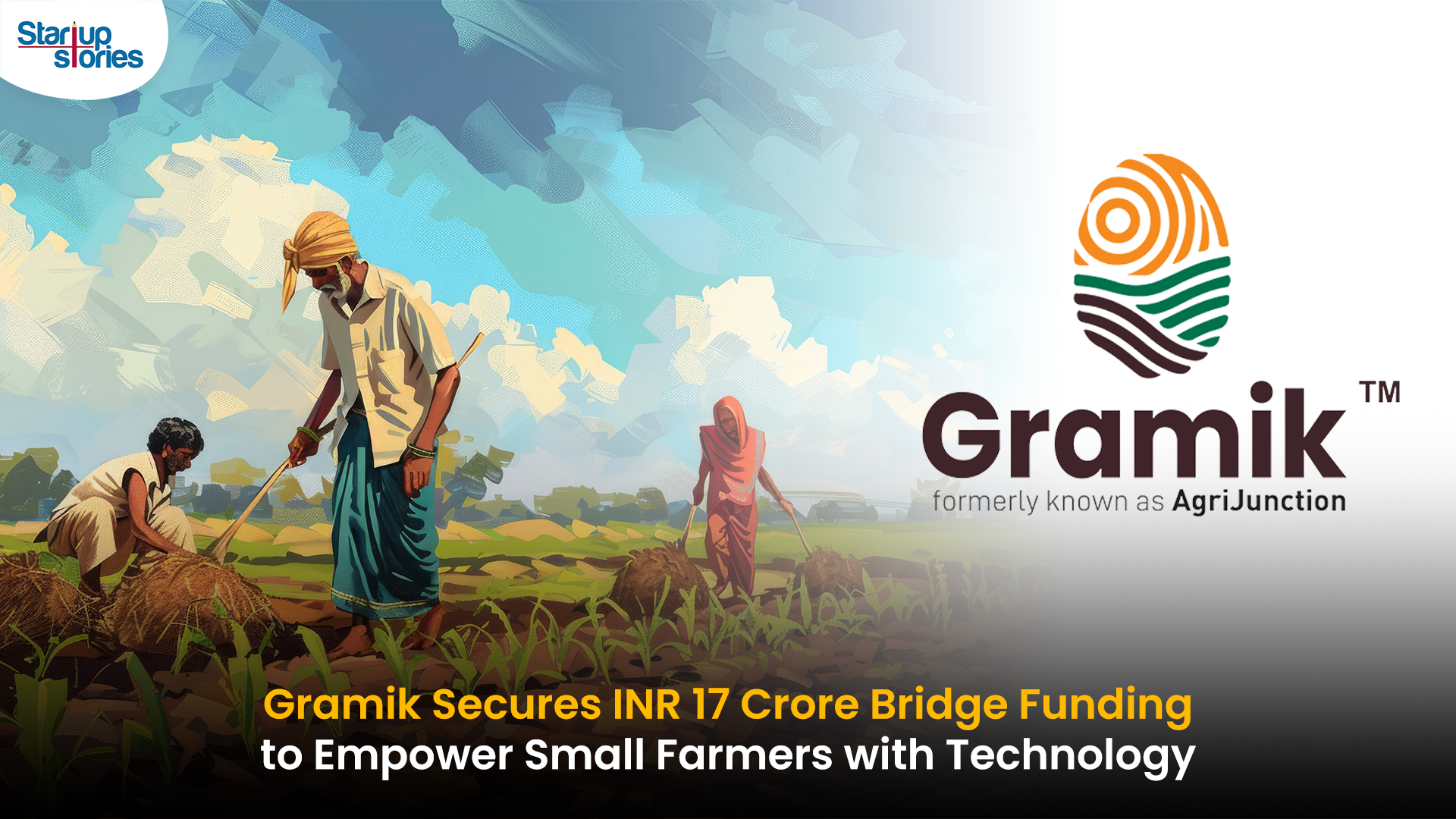Funding
Swiggy To Raise $ 200 Million From Naspers and Tencent

Swiggy, one of India’s fastest growing online food ordering and delivery platform, is reportedly in talks with venture capital firms Naspers and Tencent to raise $ 200 million. The Bengaluru based foodtech startup initiated the discussions with Chinese investment conglomerate Tencent and existing investor Naspers for a potential investment.
A news daily reported, South African Internet group Naspers will be leading this round of funding according to three people briefed on the matter. This move to raise fresh capital comes after the company ended independent funding discussions with SoftBank and Flipkart for a $ 200 million investment. The sources also added this deal could value Swiggy at $ 600- $ 650 million before the investment. In the last Series E funding round where Swiggy raised $ 80 million from Naspers, SAIF Partners and others, the company was valued at $ 400 million.
According to sources, China based venture firm Tencent has been looking to co invest in Swiggy along with SoftBank before those discussions came to an end. However, Tencent will now be forging a strategic partnership with Naspers to join the Swiggy bandwagon as a new investor. Sources also suggest Tencent proposed to increase their investment in the startup to around $ 100 million.
The India foodtech industry is considered to be a very lucrative sector. In November last year, Swiggy was also reported to be in talks with rival restaurant discovery and food delivery rival Zomato for a stock based merger. However, Swiggy later denied all rumors stating the company would not like to comment on baseless speculations. Swiggy was launched in 2014 by Sriharsha Majety, Nandan Reddy, and Rahul Jaimini and since then the company grew fastest in terms of revenue. For the financial year 2016 – 2017 Swiggy’s revenue grew by six times to $ 20.6 million as losses increased by 50%. In the past three years, the foodtech firm has also managed to raise close to $155 million in equity and $8 million in debt.
After the entry of global taxi hailing startup Uber launched their food delivery service UberEATS in India, Ola also recently acquired food delivery startup Foodpanda to enter the foodtech industry.
Funding
Dazzl Raises $3.2M Seed Funding Led by OYO’s Ritesh Agarwal for AI Skincare Expansion

Bengaluru, January 13, 2026 Dazzl, the D2C beauty startup revolutionizing AI personalized skincare India, secured $3.2 million in seed funding led by OYO founder Ritesh Agarwal’s venture arm. Co-investors include Snapdeal’s Rohit Bansal and Fireside Ventures, valuing Dazzl at $15 million post-money. Founded in 2024 by IIT alumni Priya Singh and Arjun Mehta, the app uses smartphone scans for custom serums, boasting 50,000+ users and ₹5 crore ARR amid India’s $25 billion beauty market surge.
Ritesh Agarwal praised Dazzl’s tech: “Personalization is beauty’s future, like OYO’s guest model.” Funds target R&D for 100+ skin profiles, Gujarat manufacturing under PLI, Instagram/Nykaa campaigns, and 50 hires. In a 20% YoY growing sector (Redseer 2025), Dazzl edges Mamaearth and Plum with 95% AI precision, 90% natural formulas, ₹499 kits, 65% retention (vs. 40% avg), and viral TikTok traction in 10 cities.
D2C beauty startup Dazzl tackles regulations via FSSAI compliance, eyeing $10B e-commerce beauty by 2028 and MENA exports. Q2 haircare launches and Series A loom, with Agarwal’s backing signaling unicorn potential for sustainable beauty products India. Dazzl blends AI with clean beauty for 500M+ consumers.
Funding
Yali Capital Makes History with ₹893 Crore Deeptech Fund to Power Indian Innovation

Bangalore’s Yali Capital has closed its first deeptech-focused fund, raising a substantial ₹893 crore (about $104 million) and surpassing its initial ₹500 crore target. This major fundraising milestone highlights the growing appeal and investor confidence in India’s deeptech landscape, fueling innovation in pivotal sectors like semiconductors, artificial intelligence, robotics, aerospace, genomics, and smart manufacturing. The fund cements Yali Capital’s position as a key player driving progress in India’s burgeoning tech ecosystem.
Strategically, Yali Capital’s fund targets both early-stage (Seed, Series A) and later-stage (Series D and beyond) startups. Its diverse roster of Limited Partners (LPs) includes prominent corporations such as Infosys, Qualcomm Ventures, and Tata AIG, alongside government-backed organizations like the DPIIT Fund of Funds for Startups and the Self-Reliant India Fund. With heavyweight backers like Kris Gopalakrishnan (Infosys co-founder), Gopal Srinivasan (TVS Capital), and Utpal Sheth (RARE Enterprises), Yali Capital ensures robust strategic support. The firm’s dual structure—a SEBI-registered Alternative Investment Fund (AIF) and a GIFT City-based feeder vehicle—enables global investor participation, guided by tech luminary Lip-Bu Tan and managing partner Ganapathy Subramaniam.
Already, Yali Capital has invested in five breakthrough startups, including C2I Semiconductor, 4baseCare, and Perceptyne, focusing on chip design and AI. By devoting two-thirds of its fund to early-stage companies, Yali Capital underscores its commitment to nurturing next-generation Indian deeptech founders. This fundraising success aligns with a nationwide trend of surging investments in advanced technology and positions Yali Capital at the forefront of India’s drive toward self-reliance and global tech leadership.
Funding
Agritech Startup Gramik Raises INR 17 Crore to Expand Rural Commerce in India

- Gramik, a Lucknow-based agritech startup, has secured INR 17 crore in a bridge funding round ahead of its upcoming INR 56 crore Series A raise.
- The funding round included investments via Optionally Convertible Debentures (OCDs) and Compulsorily Convertible Debentures (CCDs).
- Key investors include Sammaan Global Ventures, Money Creeper Investment, and prominent angels such as Balram Yadav (MD & CEO, Godrej Agrovet), Gev Aryaton, Irfan Alam, Nikhil Bhagat, and Salvia Siddiqui.
Gramik’s Unique Peer Commerce Model
- Founded in 2021 by Raj Yadav, Gramik empowers over 120 million small and marginal farmers in India through a technology-driven rural commerce platform.
- The startup operates a dual-channel distribution network using Village-Level Entrepreneurs (VLEs) and rural retailers to deliver high-quality agri-inputs to remote areas.
- Gramik’s full-stack platform offers demand aggregation, logistics, embedded credit, and agronomy services, ensuring last-mile delivery and support for farmers.
Expansion Plans and Future Growth
- Gramik currently operates in 12 districts, with 1,200+ active VLEs and 250+ rural retail partners, and plans to expand to 3,000 VLEs and reach 1 million+ farmers across Uttar Pradesh, Maharashtra, and Jammu.
- The new funds will be used to expand Gramik’s private-label products, enhance agronomy-led farmer engagement, and scale operations in key states.
- With a strong focus on supply chain efficiency, technology, and farmer advisory services, Gramik aims to become a leader in India’s $50 billion agri-input and rural commerce market.
- Backed by previous seed funding of over INR 25 crore, Gramik is set to drive innovation and inclusive growth for rural communities.













J88
November 5, 2025 at 12:23 pm
Đến với J88, bạn sẽ được trải nghiệm dịch vụ cá cược chuyên nghiệp cùng hàng ngàn sự kiện khuyến mãi độc quyền.
谷歌蜘蛛池
November 6, 2025 at 11:40 pm
利用强大的谷歌蜘蛛池技术,大幅提升网站收录效率与页面抓取频率。谷歌蜘蛛池
GO88
November 10, 2025 at 12:40 pm
Tham gia cộng đồng game thủ tại Go88 để trải nghiệm các trò chơi bài, poker phổ biến nhất hiện nay.
ios超级签
November 11, 2025 at 8:10 pm
苹果签名,苹果超级签平台,ios超级签平台ios超级签苹果企业签,苹果超级签,稳定超级签名
Kuwin
November 22, 2025 at 11:51 pm
kuwin sở hữu kho game đa dạng từ slot đến trò chơi bài đổi thưởng, mang đến cho bạn những giây phút giải trí tuyệt vời.
MM88
November 25, 2025 at 12:52 am
Khám phá thế giới giải trí trực tuyến đỉnh cao tại MM88, nơi mang đến những trải nghiệm cá cược thể thao và casino sống động.
iwin
November 30, 2025 at 1:24 am
iwin – nền tảng game bài đổi thưởng uy tín, nơi bạn có thể thử vận may và tận hưởng nhiều tựa game hấp